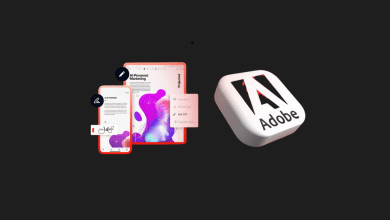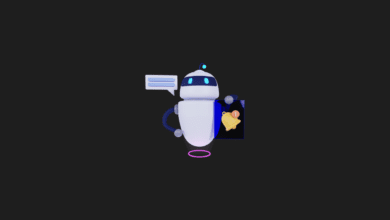Google’s AI Language Learning Tool: Conversational English Made Easy!

Google is enhancing its AI listening skills with a feature that allows users to converse in English with an AI bot on their phones. Initially launched in October 2023, this conversation practice experience began by providing feedback on spoken sentences. Now, it enables users to engage in ongoing dialogues in the language they are learning.
This feature is currently accessible to Search Labs users in Argentina, Colombia, India, Mexico, Venezuela, and Indonesia. Search Labs serves as Google’s testing ground for potential new features in Search; however, this functionality is also available when translating into or from English on Android devices.
Currently, the feedback and speaking practice features are only offered in English. In its 2023 blog post, Google described Search as a “valuable tool for language learners” because it allows them to obtain translations and definitions, and search for words.

Unlike language learning platforms such as Duolingo, Babbel, or Pimsleur, Google does not provide a structured curriculum or leveling system. When it introduced its speaking practice, Google emphasized that it helps learners not only practice but also discover the most effective words and conjugations for conversational contexts. Although Google has offered translation features for many years, it is also expanding the number of languages understood by its AI models.
AI-powered language learning is not a new concept. Duolingo, arguably the most popular language learning app, introduced an AI chatbot in 2016 and incorporated GPT-4 in 2023. Memrise has launched a GPT-3-based chatbot on Discord, enabling users to learn languages through conversation. Other platforms, such as Pimsleur, also provide speaking practice by prompting users to converse with the app and respond to questions in their target language.
Google has not disclosed specific plans for expanding its language learning features or whether the speaking practice will be available in more countries. However, Duolingo’s owl mascot, Duo, might be feeling the pressure from these developments.
What are your thoughts on this? Share your opinion in the comments!











